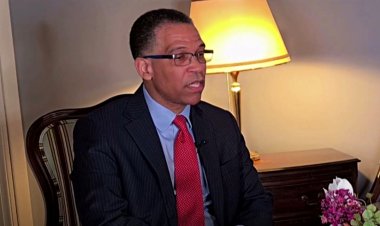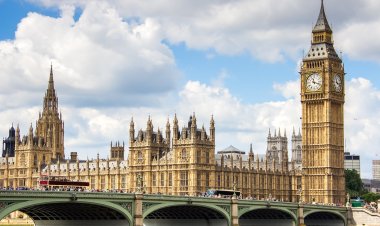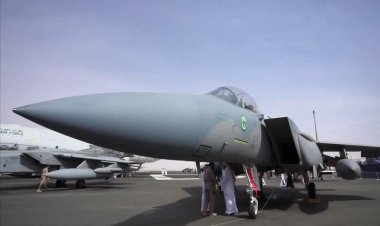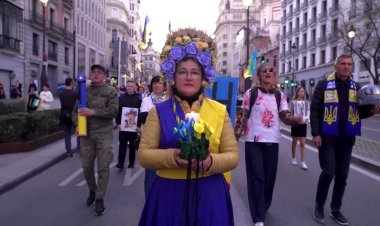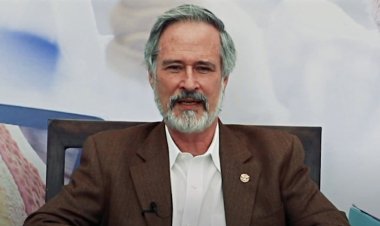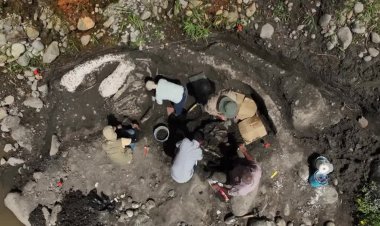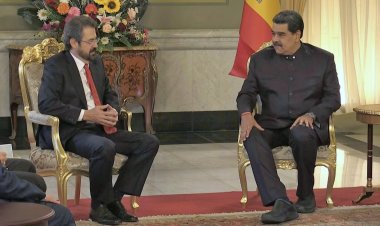Qatar pledges $7B to rebuild Syria's power

Qatar has committed to aiding Syria’s reconstruction with a $7 billion investment aimed at building new power plants to expand the nation’s generation capacity. The deal, announced by an international consortium led by Qatar’s UCC Holdings, is the largest foreign investment in Syria since the U.S. lifted sanctions last month under President Donald Trump. It represents a critical step for Syria’s authorities, particularly for the Islamists who overthrew Bashar al-Assad, to rebuild the country’s battered infrastructure and revive an economy scarred by 14 years of conflict.
However, the benefits of the new power plants may be undermined unless Damascus tackles severe issues with its national power grid. Years of neglect have left the transmission network in ruins, with two-thirds of it either destroyed or in dire need of repair. Energy Minister Mohammed al-Bashir estimated the cost to rehabilitate the grid at $5.5 billion—a sum that the government cannot afford on its own. In the meantime, looting by armed gangs has exacerbated the grid's deteriorating condition, as cables and other vital components are repeatedly stolen. Reports indicate that near Syria’s largest power plant in Deir Ali, severed cables hang from transmission towers, and over 80 kilometers of cables have been stolen in the south alone.
The Qatari-led project, which includes plans for four combined-cycle gas turbine power plants and a solar facility, is expected to be fully operational in about three years—a timeline that may coincide with ongoing grid rehabilitation efforts. Until then, Syrians continue to suffer from severe power shortages. Before the conflict began in 2011, the grid reached 99% of the population. Now, it generates less than a fifth of its former output, and many Syrians are forced to adapt their daily lives around sporadic, limited electricity.





